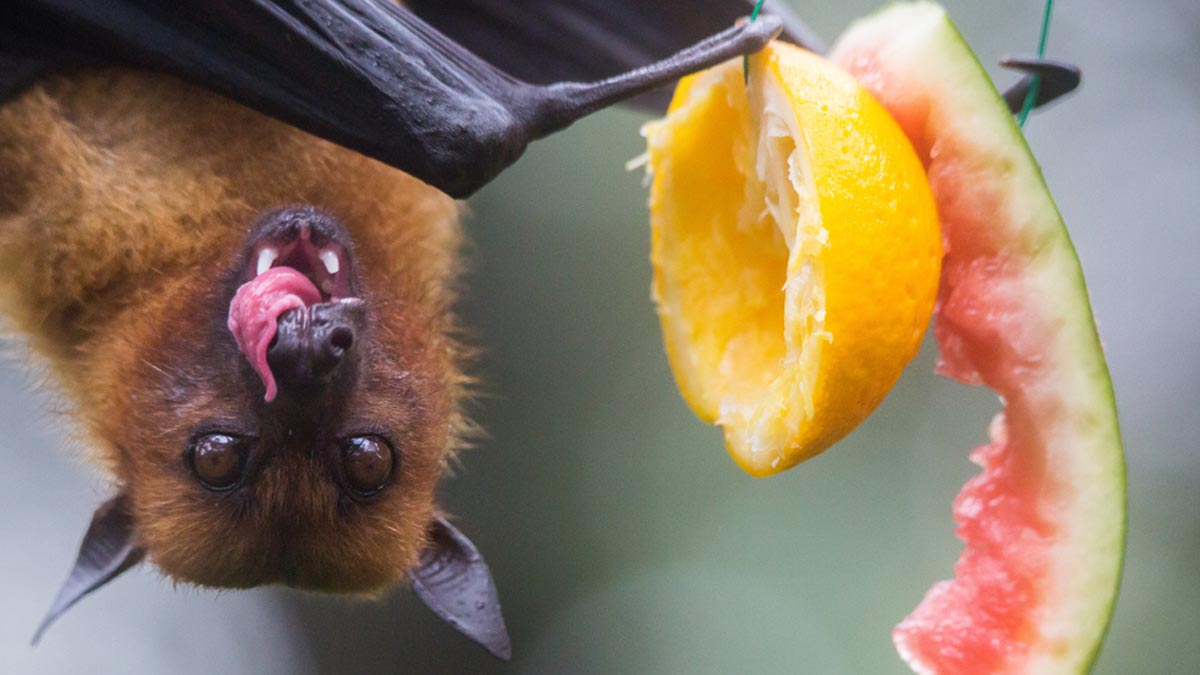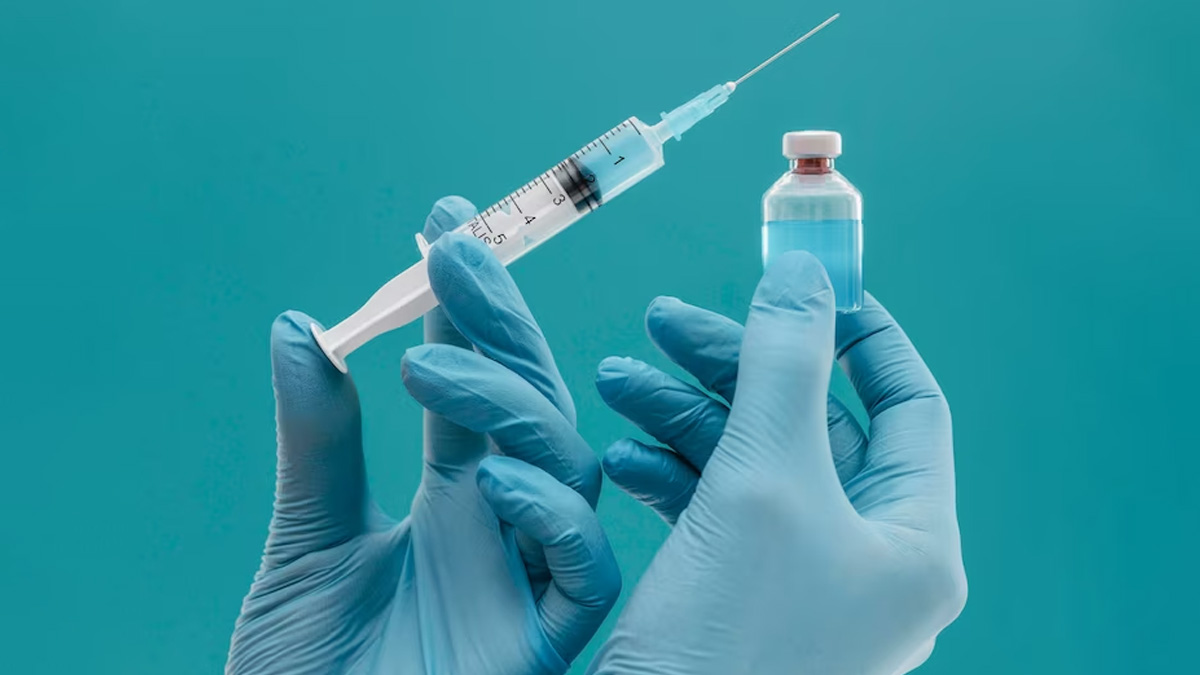
The Nipah Virus (NiV) is back in India with a viscous agenda and has been catching the watchful eyes of the medical community. Recently, Dr Rajeev Bahl, Director General (DG), Indian Council Of Medical Research (ICMR), shared that NiV has a much higher mortality rate than even COVID-19.
Dr Bahl shared that the mortality rate of NiV is estimated to be between 40% to 75%, while the mortality rate of COVID-19 is around two to 3%. However, one sigh of relief is that NiV is not so easily transmitted as compared to the highly contagious coronavirus. The Centre For Disease Control And Prevention informed that the Nipah virus is spread by coming in close contact with the saliva or urine of infected fruit bats. However, once this virus has infected people, person-to-person spread of NiV can also occur.
Measures To Control The Spread Of Nipah Virus

It’s troubling to know that the Indian government’s medical authorities are still clueless as to why NiV cases keep surfacing in the country from time to time. This was opinionated by the ICMR DG, who also shared that after the NiV outbreaks of 2018 in Kerala, ICMR found that the virus was linked to bats. However, how the infection actually passes from bats to humans is still a mystery.
Dr Bahl, although, did reassure that India’s medical watchdog has been trying its best to understand this bats-to-human transmission link, and employing their best efforts to control the spread of this deadly virus in Kerala.
He also announced that India is about to procure 20 additional doses of monoclonal antibodies from Australia to treat the NiV infection. These doses were last obtained in 2018 from Australia. Distressingly, the current number of doses available in India is sufficient only for 10 patients, shared Dr Bahl. These remedies have been successfully administered to 14 people worldwide till now, none of whom were in India. The ICMR DG underscored that these medicines can only be given as compassionate measures during the early stages of infection, as they are yet to complete their medical trials. Till now, the medicine has only completed a phase 1 trial to establish that it is safe to use, but its efficacy is still under question.
Kerala On Alert Against NiV

This current outbreak of NiV has occurred in god’s own country after two years. So far, Kerala has reported six confirmed cases of the Nipah Virus, out of which two have sadly passed away. Since NiV first broke onto the scene, this is the fourth time that it has been confirmed in the state, following the outbreak in Kozhikode in 2018 and 2021, and in Ernakulam in 2019.
Also Read: Nipah Virus Makes A Comeback In India, Here's What You Should Know About This Virus
In response, a five-member central team made up of experts from the National Centre for Disease Control, Dr Ram Manohar Lohia Hospital, and the National Institute of Mental Health And Neurosciences has been sent to Kerala to assess the situation and aid the Kerala government’s efforts to manage the NiV spread. The educational institutions of Kozhikode were also granted holidays from September 14 onwards.
This level of vigilance against the Nipah virus, and its intensely high mortality rate, should be enough for you to take this infectious disease seriously. Dr Bahl shared that this virus usually spreads during the rainy season, so take extra precautions if you are visiting Kerala in the monsoon. Do not consume unwashed fruits, or touch fruit-bearing plants. The symptoms you need to watch out for are quite similar to COVID- cough, sore throat, dizziness, drowsiness, muscle pain, tiredness, headache, stiff neck, sensitivity to light, mental confusion, and seizures. If you notice any of these symptoms within you or those around you, especially if you live in Kerala or have visited it recently, do not delay consulting a healthcare provider. You do remember what happened during the first three waves of COVID right? Just imagine the mass havoc that will be created if the Nipah virus is allowed to thrive unchecked. So stay alert, stay vigilant, and do not compromise on the preventive measures against this morbid disease.







